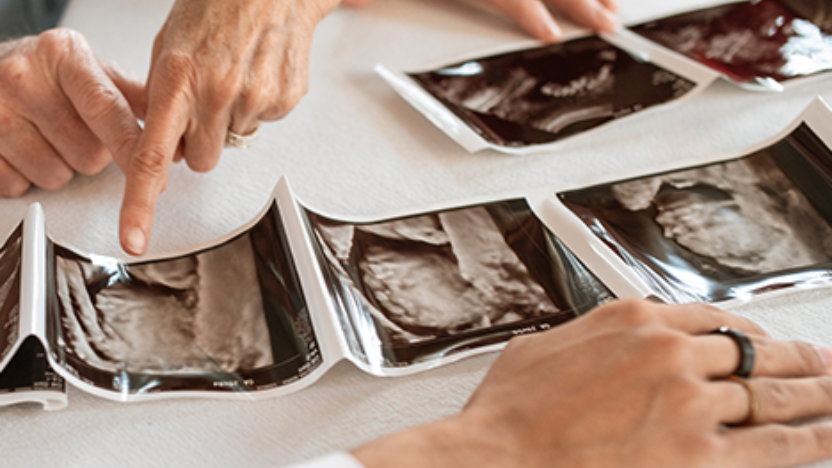
Medical negligence
I’ve taken sodium valproate in pregnancy – what do I do?
Sodium valproate is a medication often prescribed to people with epilepsy, migraines or bipolar disorder, but for a number of years its dangers in pregnancy have been widely recognised.
The drug is known to be linked to disabilities for babies - including spina bifida; facial, skull and limb malformations; and problems with the heart, kidney and urinary tract - as well as significant problems in a child’s learning and behaviour as they grow.
While some evidence exists to show the risks of using sodium valproate during pregnancy when it was first licensed in 1972, it was not until recent years that these risks were properly communicated to women. In 2018, regulations were changed so that it must no longer be routinely prescribed to women or girls of childbearing age who may become pregnant, unless they are on the Pregnancy Prevention Programme (PPP).
However, it is estimated that 20,000 children have been harmed over the years by failures to make women fully aware of the danger to their unborn child through taking it in pregnancy. Government figures suggest that one in nine of pregnancies involving sodium valproate will result in birth defects. As many as four in ten children will have problems in their behaviour and development.
If you have been prescribed sodium valproate previously during pregnancy, there may be consequences for your child. While sometimes these are profound, more often they can be more subtle and only become clear over time. Only as children develop can problems in their learning, movement, language and memory be discovered. There is also some evidence to link the drug with a child developing ADHD.
For any women who have taken sodium valproate during pregnancy and have given birth recently, it is important that the baby is monitored closely. Warning signs include:
- not feeding as well as usual, or not putting on weight and developing as you would expect
- unusually sleepy
- being very irritable
- bruising more easily than usual
- vomiting or diarrhoea
- showing signs of jaundice, including yellowing of the whites of the eyes and the skin, dark urine and pale poo.
If you are currently pregnant and have been prescribed sodium valproate, you should speak with your doctor urgently – ending it abruptly without medical support may make your symptoms worse.
It has been established that women who have been prescribed sodium valproate during pregnancy, whose children suffer the consequences of that, may be able to pursue a legal claim to help achieve redress. The Hughes Report, published last year by the Patient Safety Commissioner, sets out how those affected by the harm of this medication should be appropriately compensated to meet the needs of their family, and to recognise pain and loss.
If you have any concerns about being prescribed sodium valproate during pregnancy, or about the advice you have been given by medical professionals, it is important to contact specialist lawyers who will be able to help establish your legal position. Call us on 0330 041 5869 or contact us online today.



